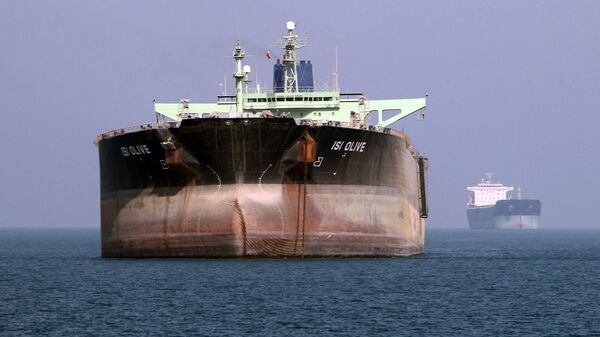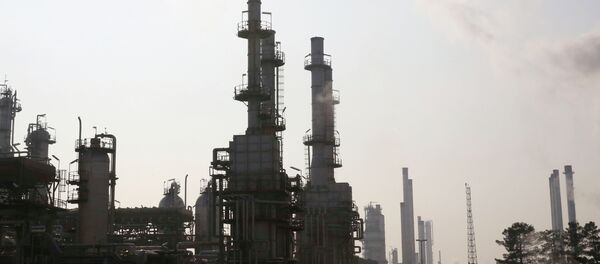“There is a 1-1.5 million barrel daily surplus on the oil market and if the project to freeze output is approved I don’t think prices will quickly settle between $50 and $60 a barrel, that’s why countries like Saudi Arabia are so eager to see this happening. They hope that this would help them get rid of their surplus oil and send prices up,” Mohammed Sadegh Djoukar said.
He added that while keeping its oil output at as high as possible, the Saudis and their Gulf allies want other OPEC members to freeze their own production.
“The freeze should not be long and Iran will support rational measures that would help send the prices up to between $50 and $60. If we want stability on the oil markets, we need non-OPEC members, such as Russia and the US, to join in because when we freeze production the prices will go up and there will be more non-traditional oil appearing on the market,” Mohammed Sadegh Djoukar emphasized.
He also said that if oil keeps selling at $40 per barrel many countries will be unable to meet their obligations to cut CO2 emissions.
“To solve the problem of global warming we need to keep oil prices up, that’s why Iran insists that an international agency be set up to deal with the problem and include non-OPEC countries too because OPEC’s grip on the oil price formation could lead to an environmental disaster.”
“The Saudis see their currency reserves being depleted and their economic growth may slow down to just 1.5 percent. At the same time, their expansionist policy demands huge outlays, so to keep prices up they will have to slash their oil output."
“Oil accounts for 15 percent of their GDP, while in Iran this figure is only 5 percent. That’s why we are now diversifying our economy to make us less dependent on oil revenues. We are increasing the share of our natural gas sector, streamlining out tax system and building up our private businesses. In all these things we have been more successful than the Saudis,” Mohammed Sadegh Djoukar said in conclusion.



